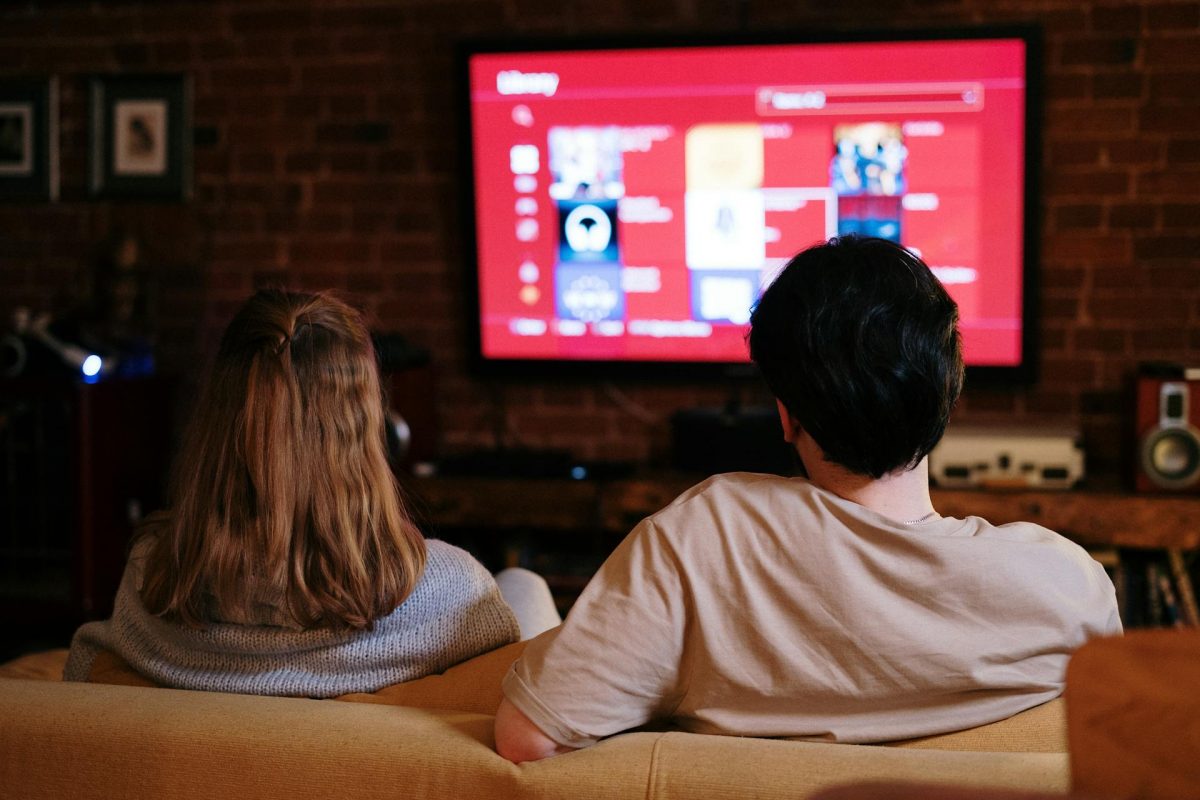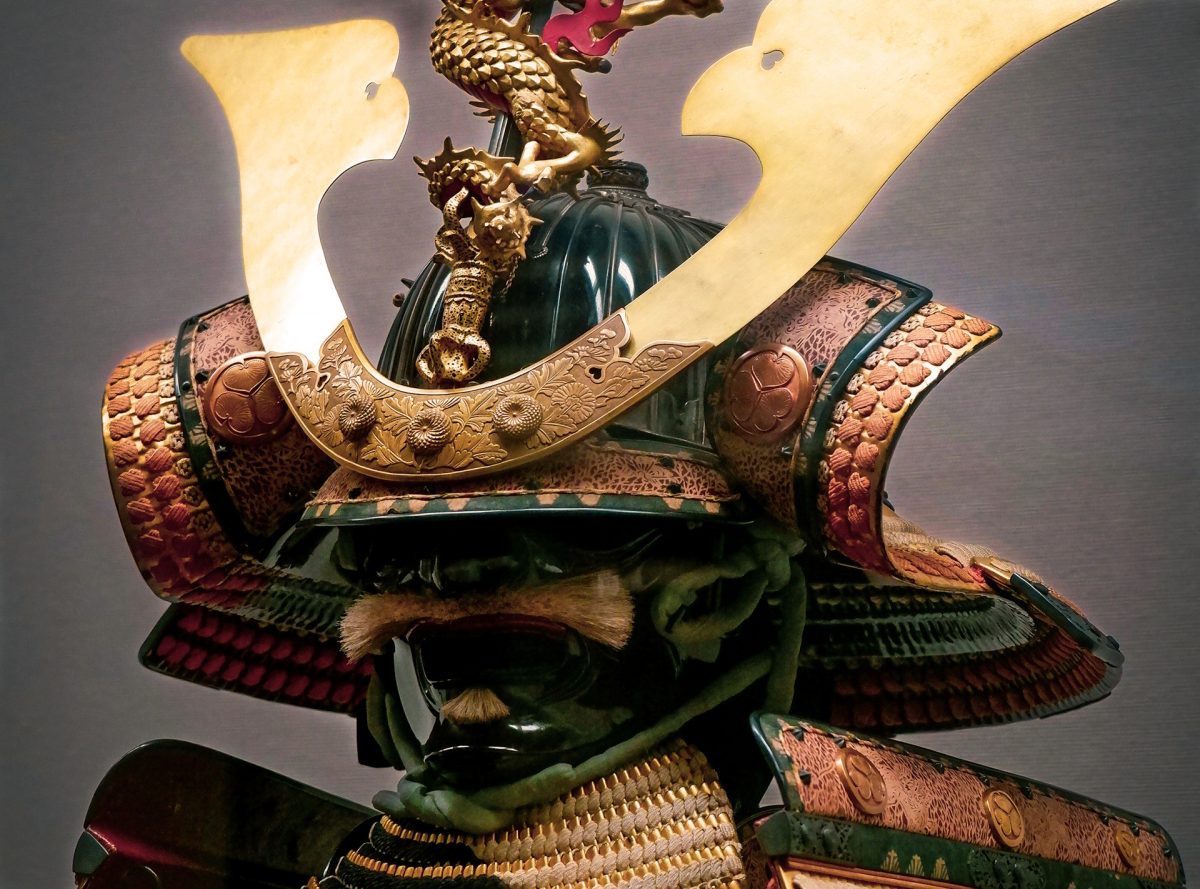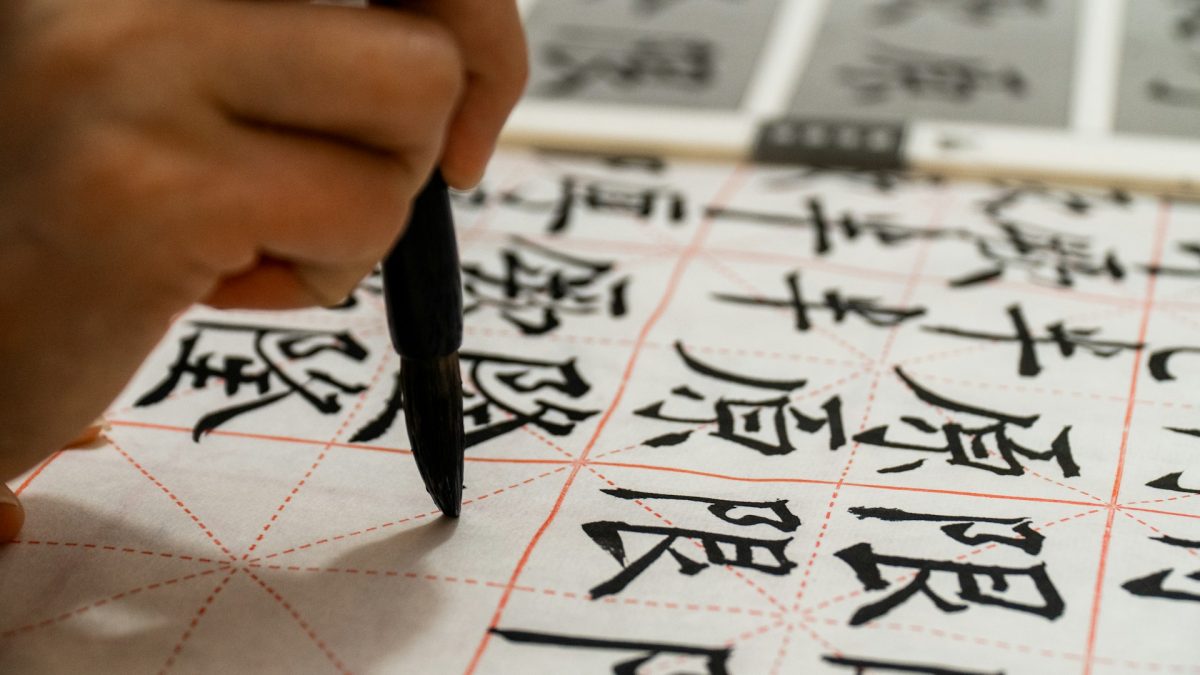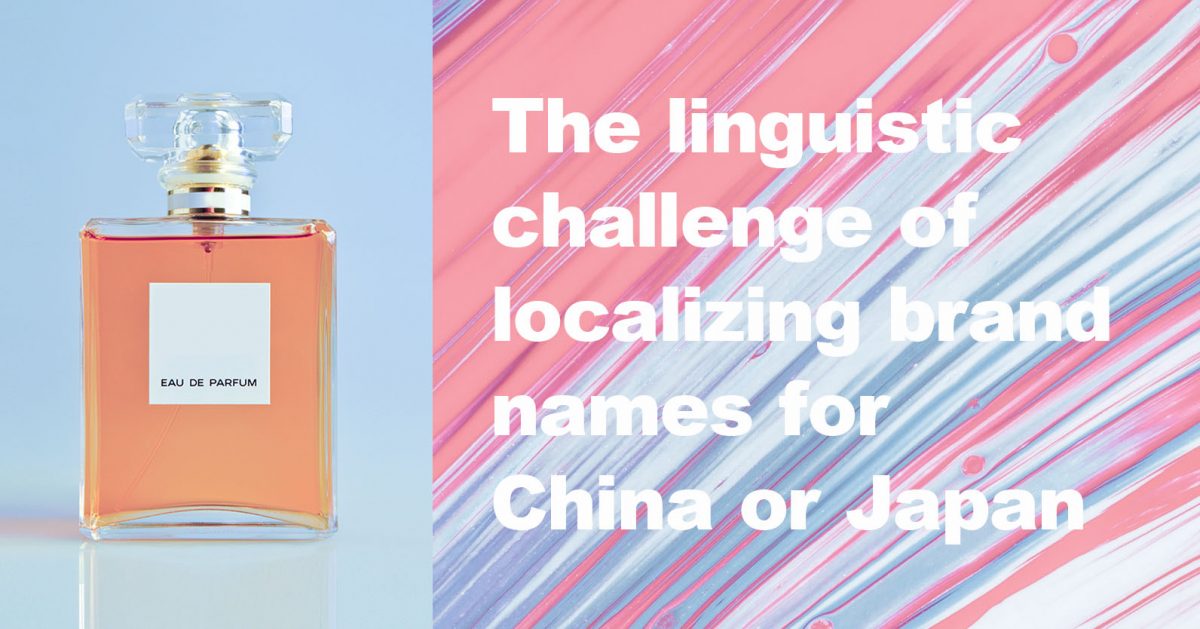
If you’re considering taking your brand into China or Japan, be sure to localize the brand name correctly and effectively, or you could face the consequences. Of course “brand localization” involves a broad range of activities including branding and marketing, but here we’d like to focus on the linguistic challenges and pitfalls you might face. And just to be clear, China is trickier than Japan.
Contents
How foreign brand names are localized for Japan
Localizing a brand name for the Japanese market is fairly straightforward, as names are transliterated into katakana script which is phonetic. The individual characters themselves carry no meaning.
| Brand | Japanese (Katakana) | Phonetic (Romaji) |
| Airbnb | エアビーアンドビー | Eabīandobī |
| Chanel | シャネル | Shaneru |
| Coca-Cola | コカ・コーラ | Koka-Kōra |
| Dyson | ダイソン | Daison |
| グーグル | Gūguru | |
| IKEA | イケア | Ikea |
| Oracle | オラクル | Orakuru |
| Porsche | ポルシェ | Porushe |
When a foreign brand comes to Japan, they most often keep the brand name in alphabet while specifying somewhere in the text how it’s pronounced in katakana. Some, however, like Coca-Cola, feature the katakana name quite prominently.
Although localizing a name for the Japan market is merely a matter of transliteration, there are three things that need to be considered.
- Is it excessively difficult to pronounce for the average Japanese person? If it’s too much of a tongue twister, it might be good to think of alternative ways to transliterate.
- Does it sound similar to something negative or offensive in Japanese? To cover all the bases, you will need the assistance of an in-market partner, since some issues can be nuanced.
- Does it sound like another well established brand in Japan? When foreign names are Japanized, they lose “resolution” because Japanese does not differentiate between R and L (so Right and Light are both ライト), between S and occasionally Th and Sh (so Sink and Think are both シンク, and Sea and She are both シー), and with a few exceptions B and V (so Very, Berry and Belly all become ベリー). This may result in a near-miss even if the original alphabetical words don’t come close.
Just to give you an idea, the reverse situation of item 2 above would be the Japanese beverage name Calpis having to undergo a rebranding to Calpico for overseas consumption, because of the negative way the name sounds when said out loud in the English-speaking world.
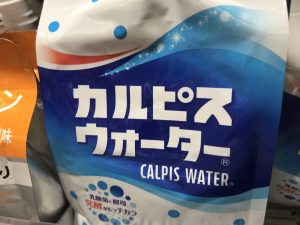
How foreign brand names are localized for China
Localizing brand names for the Chinese market is a whole new ball game since the hanzi characters that are used carry not only sound but meaning as well. So when localizing a brand name, a decision needs to be made whether to focus on the sound of the characters, or the meaning of the characters, or shoot for the sweet spot somewhere in between. Here’s a list of the same eight brands in China.
| Brand | Chinese (Hanzi) | Phonetic (Pinyin) |
| Airbnb | 爱彼迎 | Àibǐyíng |
| Chanel | 香奈儿 | Xiāngnài’er |
| Coca-Cola | 可口可乐 | Kěkǒukělè |
| Dyson | 戴森 | Dàisēn |
| 谷歌 | Gǔgē | |
| IKEA | 宜家 | Yíjiā |
| Oracle | 甲骨文 | Jiǎgǔwén |
| Porsche | 保时捷 | Bǎoshíjié |
The fact that Chanel’s 香奈儿 contains the character 香 that means “fragrant,” or that Porsche’s 保时捷 contains 捷 for “victory” are obviously intentional. But among these samples, Coca-Cola stands out as a phonetic and etymological win-win, as the 可口可乐 for Coca-Cola turns out to be a combination of 可口 (tasty) and 可乐 (fun), which is a spot-on combination for a fizzy soft drink.
By contrast, when Airbnb unveiled their Chinese brand Aibiying made up of 爱 (love) 彼 (there) 迎 (welcome) to mean “welcome each other with love,” Chinese bloggers began proposing their own alternatives to a “difficult to pronounce” name that sounded “like a brand of sex pills.” Such is the risk of branding in the digital age where reaction is immediate and merciless.
Two brands that focus on the phonetic side are Dyson with 戴 (support) and 森 (forest), or Google consisting of 谷 (valley) and 歌 (song). It’s hard to derive a positive or appropriate meaning from these two, but in the case of Dyson it was unavoidable since the English surname Dyson had traditionally been written as 戴森 in China long before the brand even existed.
谷歌 for Google was more of an unforced error, lighting up Chinese social media with comments like “’valley song’ sounds like something farmers sing around harvesting time” when 谷歌 was unveiled in 2006. But for the time being, since Google was banned from the Chinese mainland in 2010, this has become a non-issue.
On the other end of the spectrum are two brands that focused on the meaning of the Chinese characters over phonetic similarity. IKEA, by using the character combination 宜 (suitable) and 家 (home, family), conveys the message “conducive to family harmony” through their brand name. Pronounced Yíjiā, this brand emphasizes substance over sound. Likewise, we have the most extreme example of Oracle’s 甲骨文, which is literally “oracle bone” in Chinese (pronounced Jiǎgǔwén). In other words, they chose to translate instead of transliterate.
Is it even necessary to localize brand names?
Considering all the hassle involved in localizing your brand into Chinese or Japanese, why bother even doing it? Can’t you just use your original brand name? Theoretically, yes. But that’s a dangerous choice.
For one, there is no guarantee your customers will even know how to say your brand name if it isn’t localized. Imagine watching TV and suddenly being confronted by a 香奈儿 or シャネル commercial. Would you feel like buying? Would it feel relevant to you? You need to at least let the consumer know who you are.
The second point is, if you don’t localize your brand, somebody else will. China is particularly known for brand squatters who register foreign brand names, so unless you act swiftly you might wind up being shut out of good localized names by the time it becomes clear that you need one. In fact, you might even want to visit the China Trademark Office website and run a search of not only your prospective Chinese name, but also your existing English brand name, to see if someone is already sitting on it.
Good luck (祝你好运, グッドラック) and happy localizing!
Douglass McGowan




